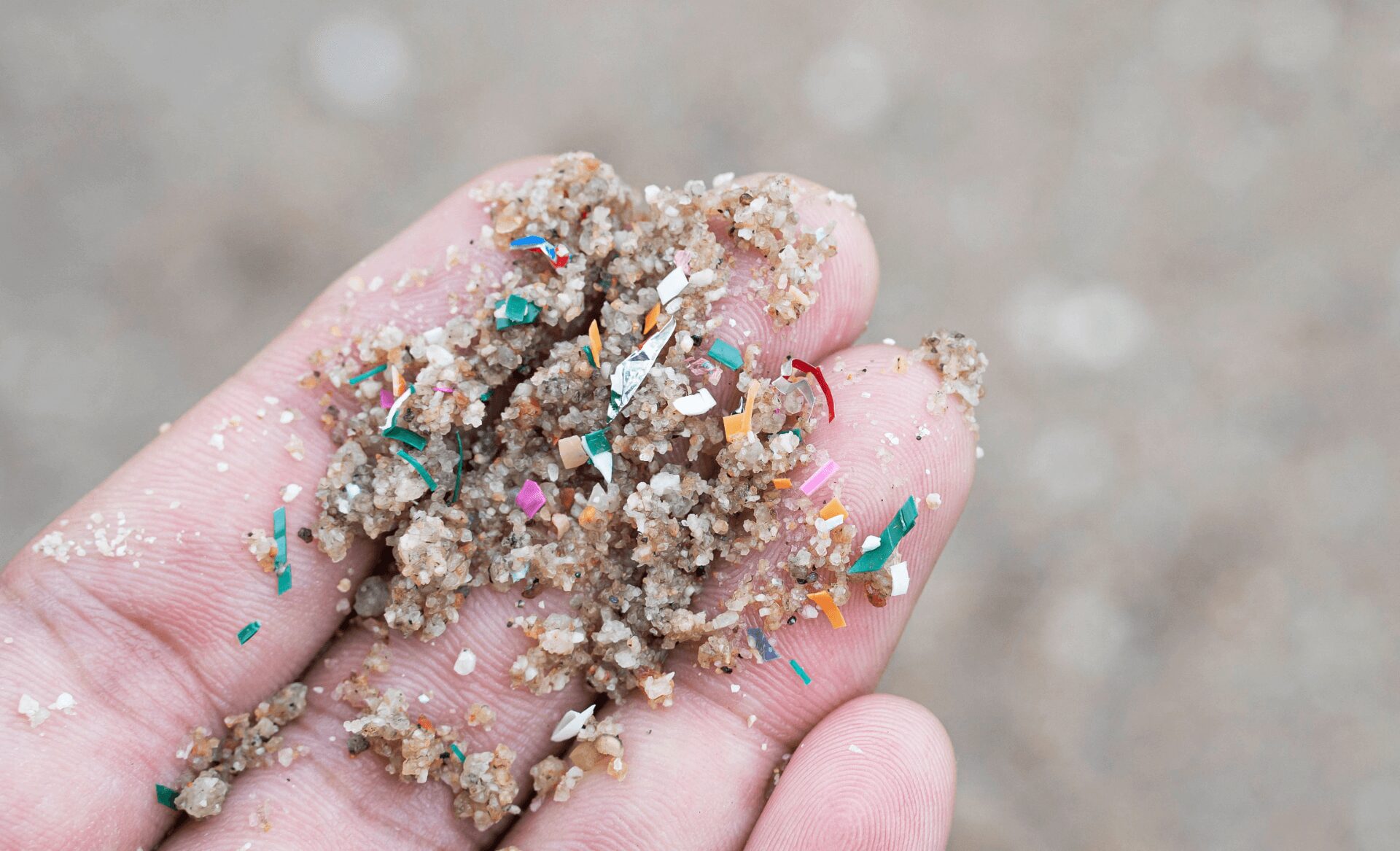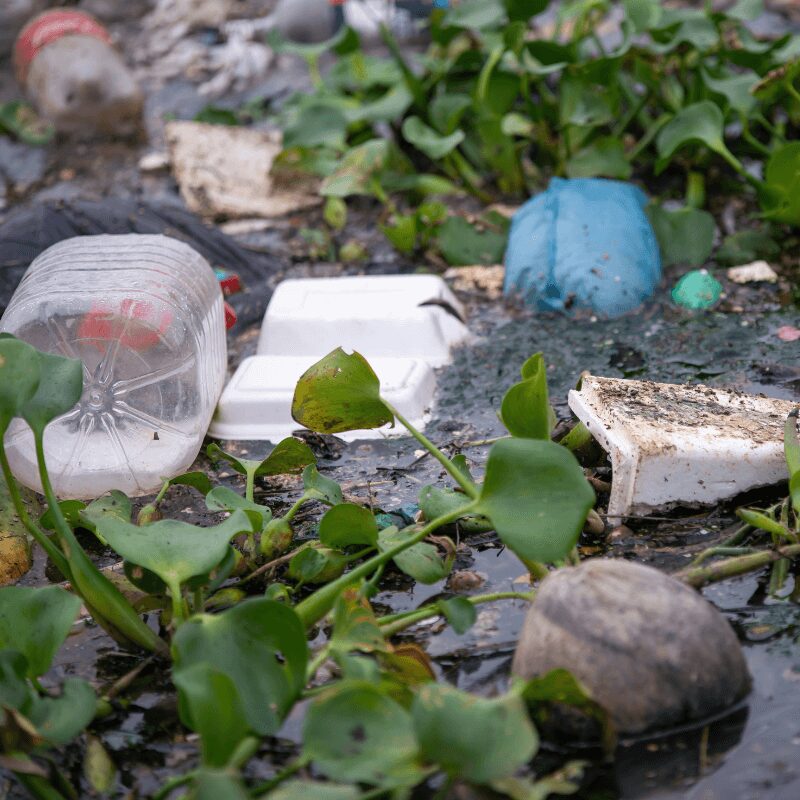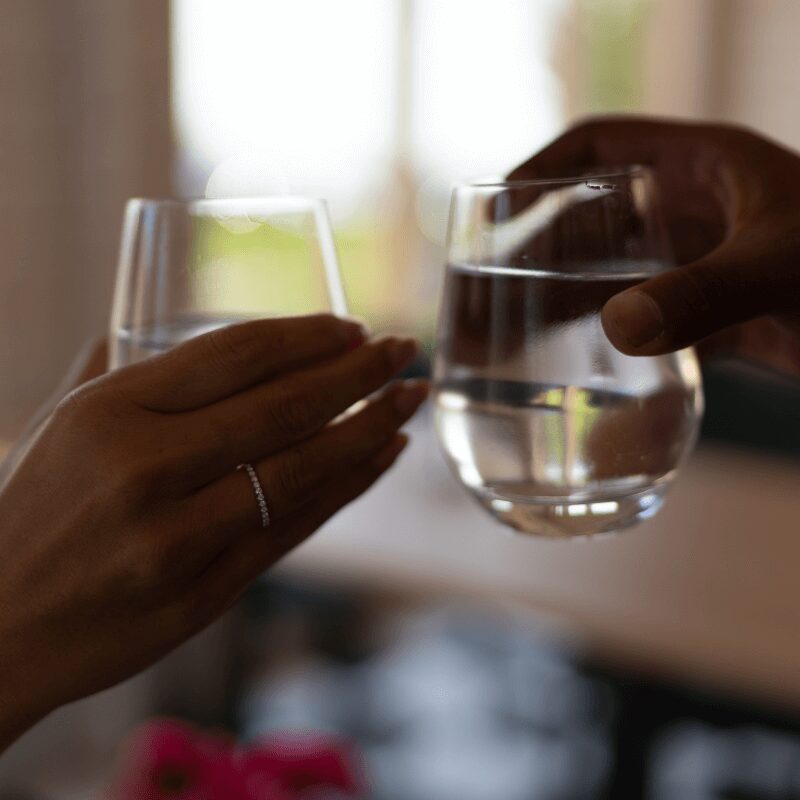What Are the Dangers of Microplastics in My Drinking Water?

Imagine pouring yourself a refreshing glass of water, clear and pristine—or so you think. What if that very water you’re relying on contains tiny, almost invisible plastic particles? It might sound like a scenario from a sci-fi movie, but microplastics in drinking water are a real and growing concern. As residents of McAllen, TX, who value clean, safe drinking water, it’s crucial to understand what microplastics are, where they come from, and most importantly, the potential dangers they pose to your health.
At Aqua Clear Water Solutions, we believe everyone deserves peace of mind when it comes to their water. But first, let’s explore this important issue in more detail.
What Are Microplastics?
Microplastics are tiny plastic particles that measure less than five millimeters in diameter. They can come from various sources, including the breakdown of larger plastic items, industrial processes, clothing made from synthetic fibers, and even personal care products like exfoliants. Unfortunately, these microscopic bits of plastic are so small that they often bypass filtration systems, winding up in oceans, rivers, and, consequently, our drinking water supplies.
Once microplastics enter our environment, they are incredibly difficult to remove, lingering in water sources and reservoirs for extended periods. They eventually make their way into the water we drink, cook with, and bathe in—all without our knowledge.
How Do Microplastics Get into Our Drinking Water?
Microplastics don’t just appear out of nowhere; they infiltrate our water sources through a combination of pollution and poor waste management. One major source is plastic waste that breaks down over time due to weathering, UV radiation, and natural wear. For example, discarded grocery bags, food containers, and plastic bottles often make their way into rivers or streams and gradually fragment into smaller pieces.
Additionally, wastewater treatment plants are not always designed to filter out microplastics due to their size. From there, these particles travel untreated into local water supplies. Another surprising source of microplastics is household laundry, as fibers from polyester and nylon clothing are released during washing cycles and end up in wastewater.
Why Are Microplastics Potentially Harmful?
The presence of microplastics in drinking water raises valid health concerns. While research on their long-term effects is still ongoing, studies have shown that microplastics can carry harmful chemicals such as pesticides, heavy metals, and other pollutants. When humans ingest water contaminated with microplastics, these toxic substances may accumulate in the body over time.

Additionally, microplastics may cause inflammation, disrupt hormone levels, and interfere with essential bodily functions. For vulnerable populations like children, pregnant women, and those with weakened immune systems, the risks could be even more pronounced.
Is The Rio Grande Valley at Risk?
Here in Southern Texas, McAllen is a vibrant and growing community, but like many cities, it is not immune to the risks associated with microplastic contamination. The city’s dependence on shared water sources, combined with global environmental challenges, increases the likelihood of microplastic presence in the local water supply.
That’s why taking action to ensure your family is drinking the cleanest possible water is so important. While our municipal water systems work hard to meet safety standards, microplastics are often not part of routine testing or treatment processes. This means some may still slip through into your tap water.
What Can You Do to Protect Your Family?
Thankfully, there are steps you can take to reduce your exposure to microplastics in your drinking water:
1. Invest in Advanced Filtration Systems
High-quality filtration systems can effectively remove microplastics and other contaminants from your drinking water. Aqua Clear Water Solutions offers state-of-the-art filtration options designed to give you peace of mind.
2. Switch to Bottleless Water Solutions
Bottled water isn’t always better; in fact, studies have shown that some bottled water brands contain microplastics, too. Our bottleless water coolers and bottleless water & ice machines provide a direct, eco-friendly source of purified water, eliminating the need for single-use plastics altogether.
3. Stay Educated
Awareness is key to preventing further microplastic pollution. By adopting sustainable habits—like reducing plastic waste and advocating for proper plastic recycling—you can play a role in protecting McAllen’s water sources for future generations
4. Support Local Water Treatment Innovations
Working with trusted water solution providers like Aqua Clear ensures you stay ahead of emerging water quality challenges. Our team is dedicated to equipping McAllen residents with the tools and knowledge to enjoy truly clean water.

Clear Water, Clean Living
Microplastics may be small, but their impact on our health and environment is anything but. By learning about the dangers of microplastics in drinking water and taking proactive steps to protect your family, you’re investing in a healthier, more sustainable future. At Aqua Clear Water Solutions, we’re proud to serve McAllen, TX, with effective, affordable water solutions that safeguard against modern contaminants.
Whether you’re interested in bottleless water coolers, commercial products, or bottleless water & ice machines, we’ve got you covered. Don’t settle for uncertainty about what’s in your drinking water—take control of your water quality today.
Contact us at (956) 322-8215 and discover how we can help you achieve pure, microplastic-free hydration!
